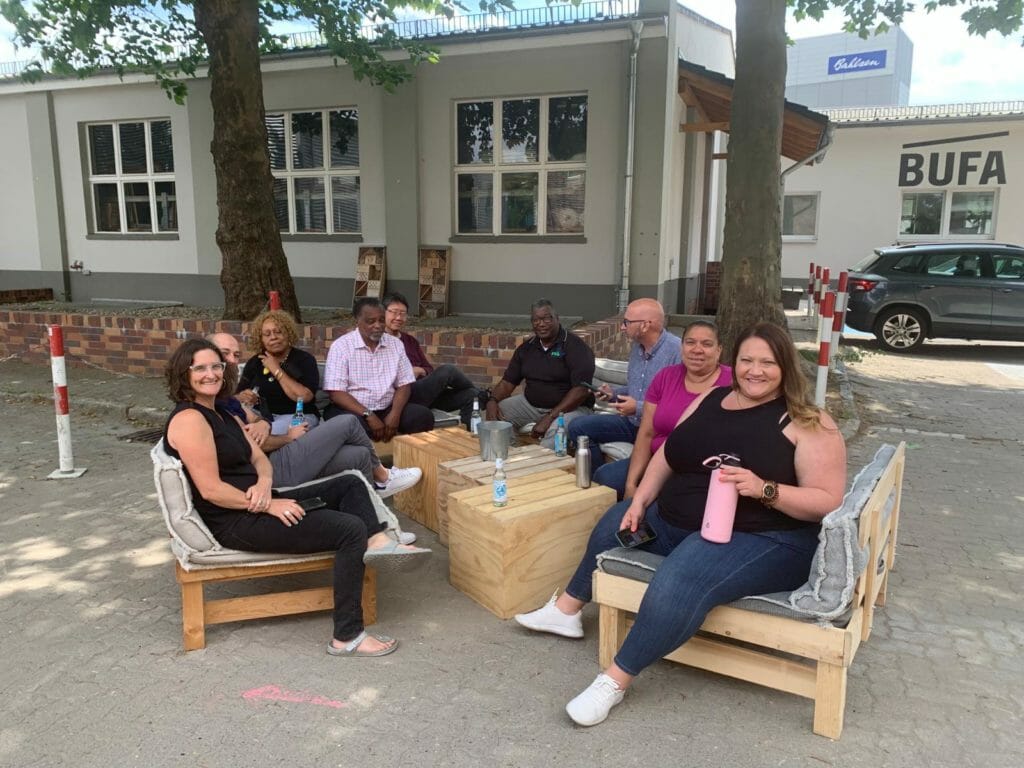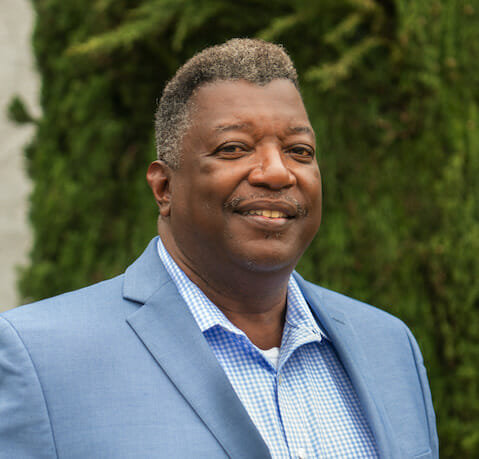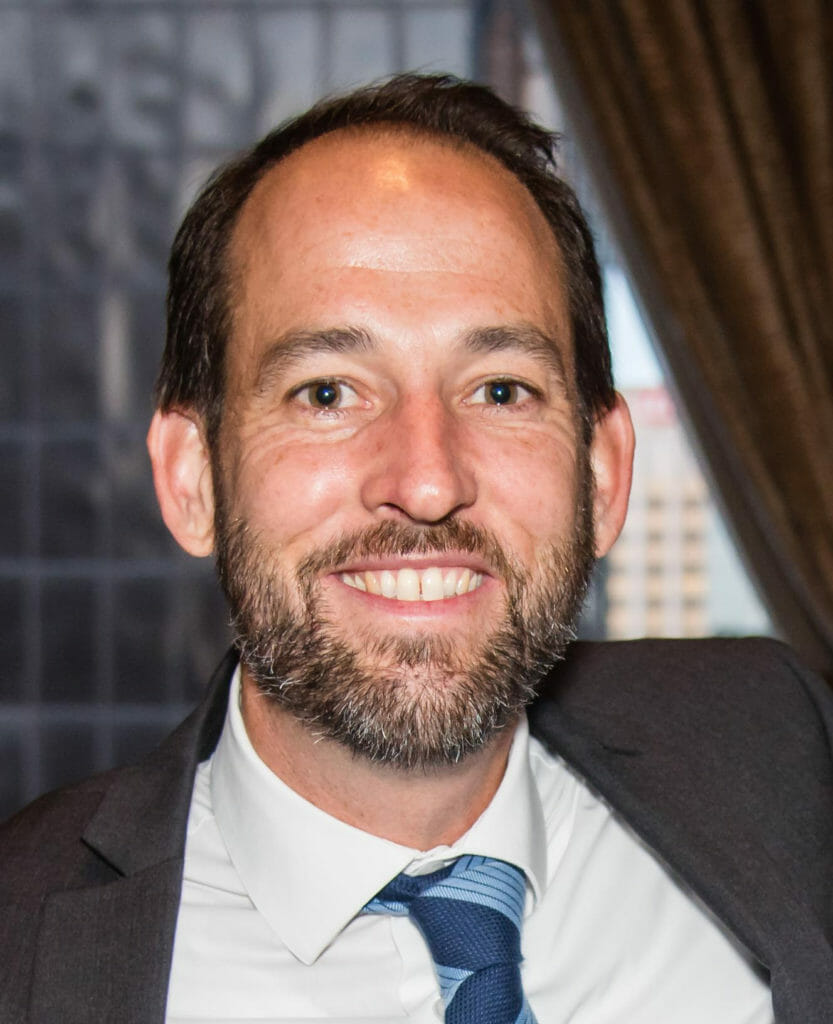
Overhauling the long-term care system so that it is more equitable for workers and improves access to quality care may seem like a pipe dream, given the scale of the task. But that is precisely the goal of the 2022-2023 Mel King Community Fellowship Program. Based at Massachusetts Institute of Technology’s Community Innovators Lab, a center for planning and development, the 40-year program brings together leaders to learn and explore how to advance economic democracy in cities and regions.
“CoLab is particularly interested in figuring out how can we build shared wealth and ownership among marginalized communities across the Americas,” Yorman Nunez, director of the Just Urban Economies program at MIT CoLab, explained to McKnight’s Home Care Daily Pulse. “But this program focuses in the U.S. and the opportunities we can leverage or take advantage of if we get leaders together who are not used to working together.”

It’s still early in the two-year fellowship, but the current cohort of 18 fellows, who represent long-term care labor, nonprofits and advocacy in California, New York and Massachusetts, already are thinking about the fundamental change they want to create in their respective cities and states. Fellow Doug Moore, executive director of UDW Homecare Providers Union/AFSCME Local 3930, which represents home care workers in San Diego, CA, said he wants to tackle the problem of low wages among home care workers.
“We are looking at how do we bring the standards up and [so] these are jobs looked at with dignity,” he told McKnight’s Home Care Daily Pulse. “I think the fellowship is going to help us get there and [help us] look at everything through an equity lens.”
Another fellow, Kevin Prindiville, executive director at Justice in Aging (formerly National Senior Citizens Law Center), a national nonprofit, is concerned about people having the financial wherewithal to age at home.

Medicaid is a strong program but only available for people after they impoverish themselves, he noted. “So we need to think of a different way to provide financing for coverage so they can afford it,” he told McKnight’s Home Care Daily Pulse.
The other important piece is the quality of life of home care workers, he added, pointing out that when a worker changes jobs, there shouldn’t be a dramatic change in conditions or hours.
“We’ll get better care if people caring for us are cared for, too,” he said.
First get-together: Germany
To help set the tone for the program and build bonds among the fellows, the program organized a five-day learning retreat to Germany this past summer. Through site visits, presentations, speaker panels and educational exchanges, the fellows learned about the challenges and opportunities of Germany’s long-term services and supports social insurance model. Among the activities, fellows met with government officials from the Ministry of Health and Health Care and Insurance Funds, along with innovative leaders, and worker and consumer organizing groups.
Moore, who had never been to Germany before, found the experience enriching.
“They are much more advanced in terms of taking care of the elderly,” he noted, pointing out how clean the nursing homes he visited were. He also found it interesting that facilities there are eager for patients to go home to recover.
Beyond the knowledge he gained, he enjoyed the trip as an opportunity to hang out with the fellows, like Prindiville, and engage in debate and conversation.
“Whenever you’re dealing with people you don’t know well, the first thing you need to do is build trust,” he said. “You need to have debate. There was a lot of back and forth.”
Co-op model in long-term care
Now that the trip is done, the work of the fellowship is beginning. One of the main areas the fellowship is promoting is establishing worker co-ops, where workers own the businesses and participate in the businesses’ financial success. Both Moore and Prindiville noted they are interested in this type of model.
“I’m just looking at [long-term care] through the lens of the members I represent,” Moore said. “How do we disrupt the present and build something better?”
So what will success look like at the end of the fellowship?
“A plan for how we ‘re going to provide to care to everyone who needs it over next 10 to 20 years,” Prindiville said. “How we’re going to make care available to as many people as possible in California … make care at home real for everyone.”
Not a small accomplishment, by any stretch.
Editor’s note: Home Sweet Home is a feature appearing Mondays in McKnight’s Home Care Daily Pulse. The story focuses on a heartwarming, entertaining or quirky happening affecting the world of home care. If you have a topic that might be worthy of the spotlight in Home Sweet Home, please email Liza Berger at [email protected].


